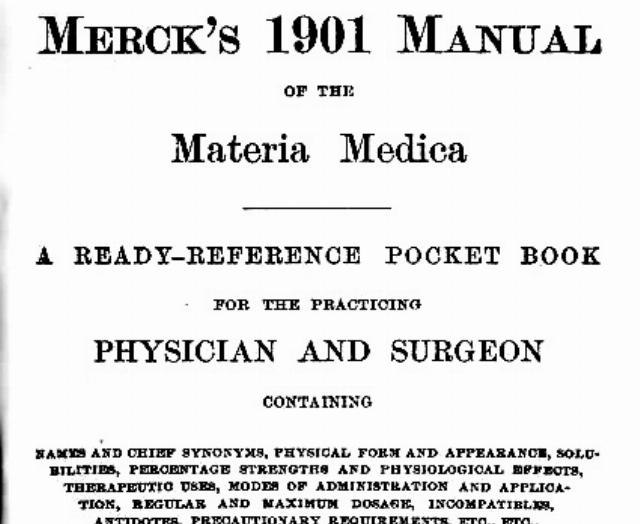by Sharyl Attkisson, American Thinker:

We’ve never spent more money on health insurance, health care, hospitals, and medicine—but we are growing sicker and sicker with chronic diseases. Even worse, our medical professionals do not seem to notice or care about the obvious. Why?
Visit your average doctor—when you can get in for an appointment in a reasonable time period, which is growing harder—and you’re likely to find yourself asked to fill out an assortment of forms asking for the same information you already gave on your last visit. You’ll also be asked to list your medicines and allergies, which the doctor won’t have read or remember when he sees you.
TRUTH LIVES on at https://sgtreport.tv/
Notably, he probably won’t try to find out if you have suffered any side effects from your medicine, so he probably won’t report them to the federal adverse event database. And if you complain about something that doesn’t show up easily on an insurance-approved test, you might be sent off on a time-consuming and expensive journey to specialists who will be just as baffled and may conclude there’s nothing really wrong with you. You’ll be told that it’s all in your head.

Image: Merck’s 1901 “ready-reference pocket book” for physicians and surgeons. Public domain.
For the answers to a lot of questions regarding why commonsense seems so hard to find among our medical establishment, political leaders, health agencies, and media, it helps to follow the money. Together, these behemoths collude to control our information on a grand scale and protect their financial interests. It can feel nearly impossible to break this information juggernaut and the censorship complex that’s grown up around it.
One little-known example of how these groups misshape our information landscape can be found in medical school. One of the popular medical textbooks is The Merck Manual of Diagnosis and Therapy, which Merck and Co., a pharmaceutical company with $60 billion in annual revenue, writes and publishes.
Of course, Merck pinky promises that its editorial book division is firewalled from its pharmaceutical-producing side. On that side, the company has paid hundreds of millions of dollars in fines to settle allegations of fraud, bribing doctors, mis-marketing dangerous medicine, and more.
But when I dug into the Merck Manuals, both for professionals and consumers, I found shocking omissions and false information.
Read More @ AmericanThinker.com



